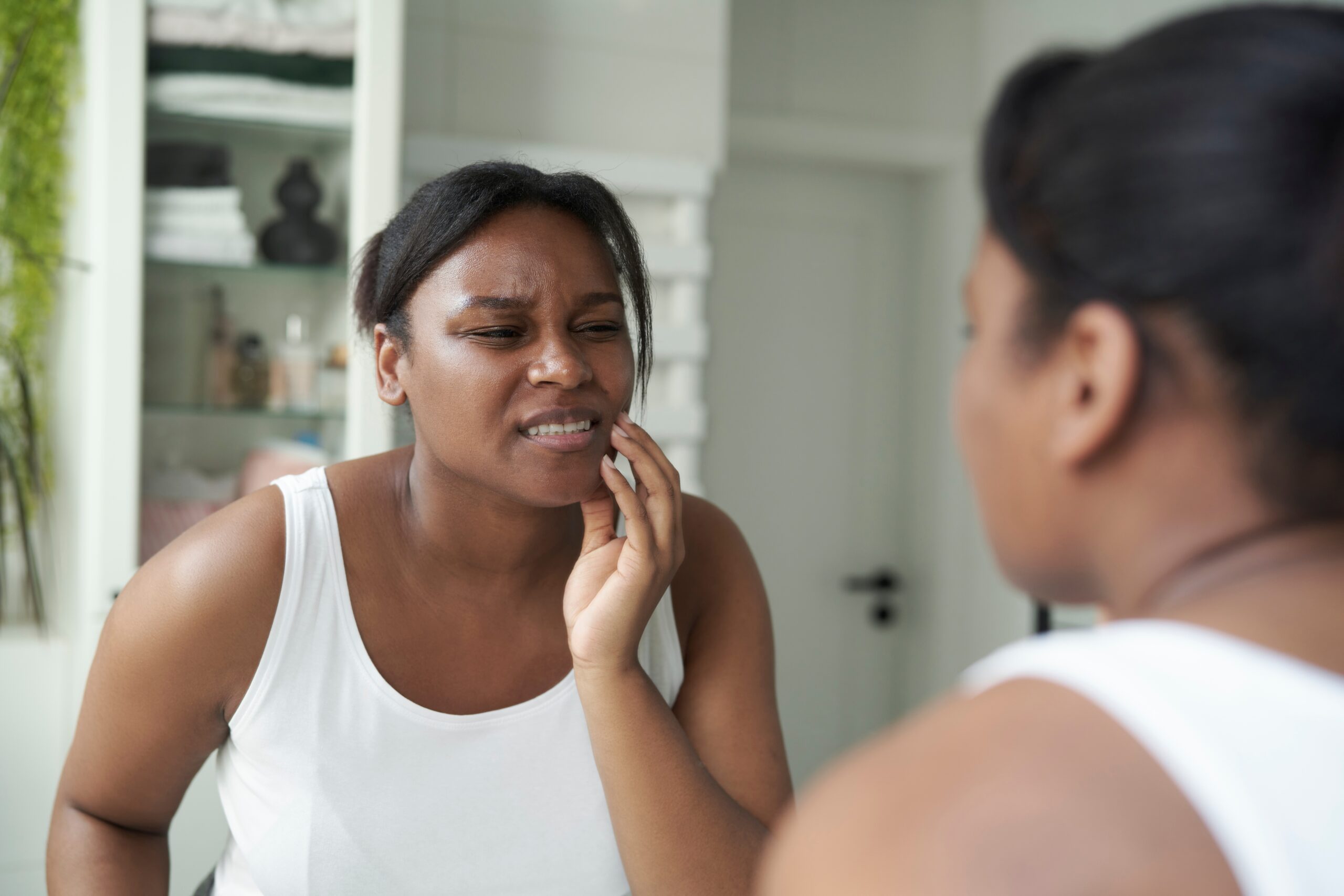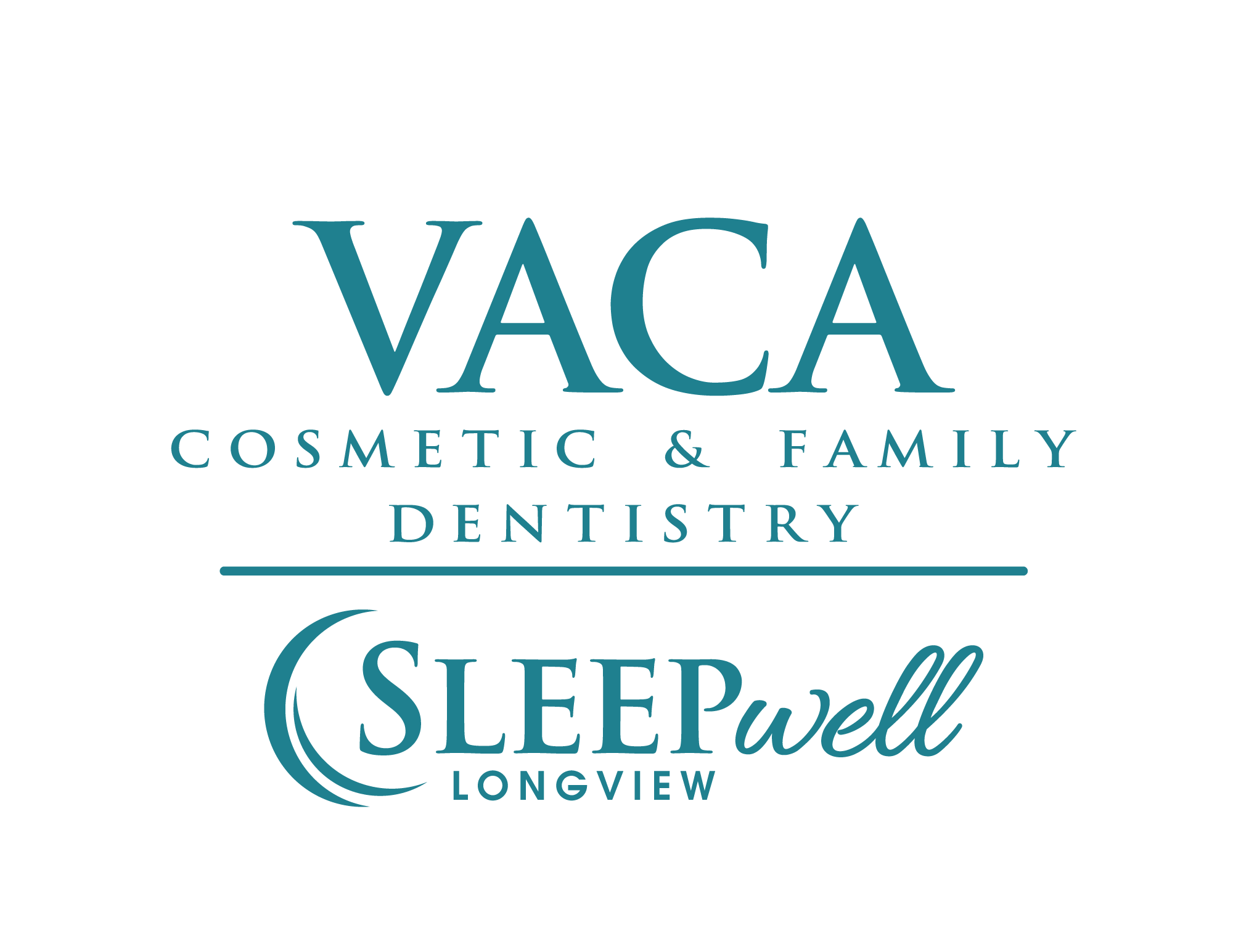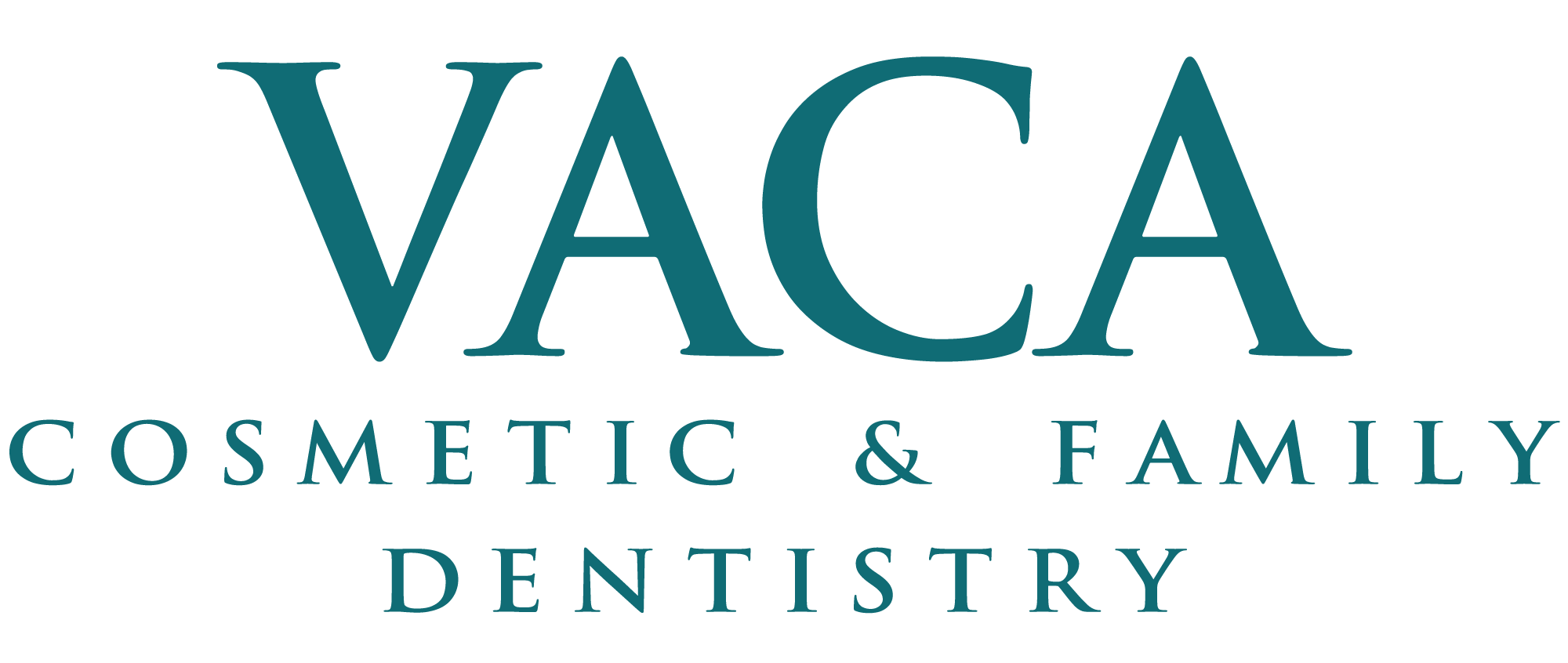 Do you ever wake up with a sore jaw, a dull headache, or sensitive teeth? These common discomforts might be more than just a rough night’s sleep. They could be telltale signs of a condition called bruxism, or nighttime teeth grinding. Many people are completely unaware they do it until a partner mentions the noise or a dentist spots the evidence.
Do you ever wake up with a sore jaw, a dull headache, or sensitive teeth? These common discomforts might be more than just a rough night’s sleep. They could be telltale signs of a condition called bruxism, or nighttime teeth grinding. Many people are completely unaware they do it until a partner mentions the noise or a dentist spots the evidence.
Here at Vaca Cosmetic & Family Dentistry, my team and I often see patients from our Longview community who are dealing with the effects of this unconscious habit. Understanding the signs is the first step toward finding relief and protecting your smile.
Key Signs of Nighttime Bruxism
Because it happens while you’re asleep, identifying bruxism requires paying attention to how you feel when you wake up and noticing changes in your oral health.
Common symptoms include:
- Morning Headaches or Jaw Soreness: Waking with a dull headache centered in your temples or with sore, tight jaw muscles is a classic sign.
- Worn, Flat, or Chipped Teeth: Grinding puts immense pressure on your teeth, wearing down the chewing surfaces and making them appear flat. You might also notice small chips or fractures.
- Increased Tooth Sensitivity: As enamel wears away, the sensitive inner layer of your tooth (dentin) can become exposed, leading to pain when consuming hot, cold, or sweet foods.
- A Tight Jaw or Limited Opening: Your jaw may feel stiff or tired, and you might find it difficult to open your mouth wide.
- Clicking or Popping Sounds: You may hear or feel a pop in your temporomandibular joint (TMJ) when you open or close your mouth.
- Disturbed Sleep: While you may not realize it, grinding can disrupt your sleep cycle. Sometimes, a partner may be the first to notice the grinding sounds at night.
The Impact on Your Oral and Overall Health
Occasional teeth grinding might not cause much harm, but chronic bruxism can lead to significant problems. Beyond just wearing down your smile, it can cause cracked teeth, damage to fillings or crowns, and gum recession. Over time, the constant strain can lead to TMJ dysfunction, chronic facial pain, and persistent migraines.
It’s also important to note that bruxism is often linked to sleep-disordered breathing, including obstructive sleep apnea (OSA). This connection means that addressing your grinding could be a key part of improving your overall sleep quality and health.
How We Can Help in Longview, TX
The good news is that you don’t have to live with the pain and damage caused by bruxism. At Vaca Cosmetic & Family Dentistry, we offer a range of solutions tailored to your specific needs.
It starts with a comprehensive exam and bite analysis to confirm the diagnosis and assess any damage. For many patients, a custom-fitted night guard provides immediate protection. Unlike over-the-counter options, our night guards are precisely molded to your teeth for a comfortable fit that effectively cushions your jaw and protects your enamel from further wear.
For patients whose bruxism is linked to sleep apnea, we offer advanced screening and management options like Oral Appliance Therapy. This involves a custom device, similar to a retainer, that gently shifts the lower jaw forward to keep your airway open while you sleep. For many, it’s a comfortable, quiet, and portable alternative to a CPAP machine.
Take the First Step Toward Relief
If you’re experiencing any of the signs of teeth grinding, let’s talk. Protecting your smile and finding relief from jaw pain and headaches is possible. As your local Longview dentist, I am dedicated to helping you achieve lasting oral health and a better night’s sleep.
Schedule a consultation with Dr. David Vaca to discuss your concerns.
Contact Vaca Cosmetic & Family Dentistry:
903-663-0861
Location (Tap to open in Google Maps):
3121 H G Mosley Pkwy
Longview, Texas
85605







